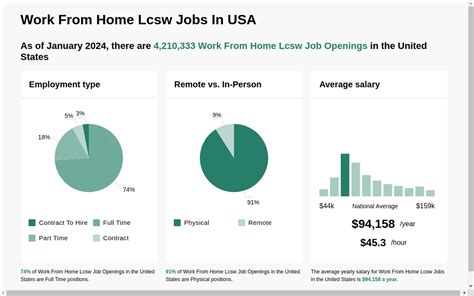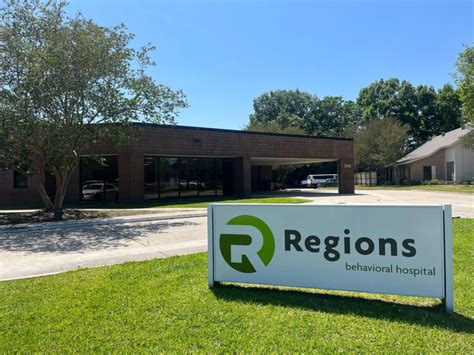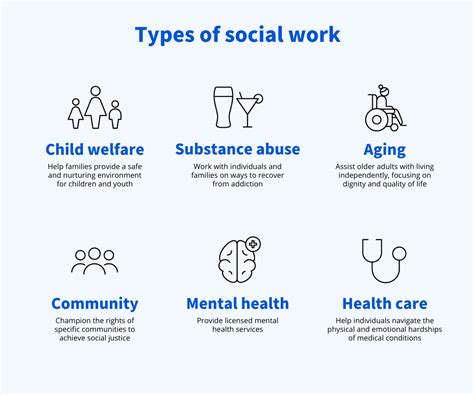7 LCSW Jobs

Introduction to LCSW Jobs

Licensed Clinical Social Workers (LCSWs) play a crucial role in the healthcare system, providing mental health services, counseling, and therapy to individuals, families, and groups. With their advanced education and training, LCSWs are qualified to work in a variety of settings, from hospitals and clinics to private practices and community organizations. In this article, we will explore seven different types of LCSW jobs, highlighting the responsibilities, requirements, and benefits of each.
1. Mental Health Therapist

Mental health therapists work with clients to identify and treat mental health issues, such as anxiety, depression, and trauma. They use evidence-based therapies, such as cognitive-behavioral therapy (CBT) and psychodynamic therapy, to help clients manage their symptoms and improve their overall well-being. As a mental health therapist, an LCSW would:
- Conduct individual, group, and family therapy sessions
- Develop and implement treatment plans
- Collaborate with other healthcare professionals to provide comprehensive care
2. Clinical Social Worker in a Hospital Setting

Clinical social workers in hospital settings work with patients and their families to address the social and emotional aspects of illness and injury. They provide support, counseling, and advocacy to help patients navigate the healthcare system and access necessary resources. As a clinical social worker in a hospital setting, an LCSW would:
- Conduct psychosocial assessments and develop discharge plans
- Provide crisis intervention and support to patients and families
- Collaborate with interdisciplinary teams to provide comprehensive care
3. Private Practice Therapist

Private practice therapists work with clients in a private setting, providing individual, group, and family therapy. They may specialize in specific areas, such as anxiety, depression, or relationship issues, and use a variety of therapeutic approaches to help clients achieve their goals. As a private practice therapist, an LCSW would:
- Develop and maintain a private practice, including marketing and billing
- Conduct individual, group, and family therapy sessions
- Continuously evaluate and improve treatment approaches and outcomes
4. School Social Worker

School social workers work with students, teachers, and families to address the social and emotional aspects of education. They provide support, counseling, and advocacy to help students succeed academically and personally. As a school social worker, an LCSW would:
- Conduct individual and group counseling sessions with students
- Develop and implement social-emotional learning programs
- Collaborate with teachers and administrators to provide comprehensive support
5. Community Mental Health Worker

Community mental health workers provide mental health services to individuals and families in community-based settings, such as clinics, community centers, and homeless shelters. They may work with diverse populations, including children, adults, and older adults, and use a variety of therapeutic approaches to address mental health issues. As a community mental health worker, an LCSW would:
- Conduct individual, group, and family therapy sessions
- Develop and implement community-based programs and services
- Collaborate with community organizations and agencies to provide comprehensive support
6. Substance Abuse Counselor

Substance abuse counselors work with individuals and families affected by substance abuse and addiction. They provide counseling, support, and education to help clients achieve and maintain sobriety. As a substance abuse counselor, an LCSW would:
- Conduct individual and group counseling sessions
- Develop and implement treatment plans
- Collaborate with other healthcare professionals to provide comprehensive care
7. Policy Advocate

Policy advocates work to influence policy and legislation related to mental health, social justice, and human rights. They may work with government agencies, non-profit organizations, or private companies to advocate for policies and programs that promote social justice and human well-being. As a policy advocate, an LCSW would:
- Conduct research and analysis on policy issues
- Develop and implement advocacy strategies
- Collaborate with stakeholders and decision-makers to influence policy and legislation
💡 Note: These are just a few examples of the many different types of LCSW jobs available. LCSWs can work in a variety of settings and roles, and can specialize in specific areas of practice, such as child and adolescent mental health, gerontology, or forensic social work.
In summary, LCSWs have a wide range of career options, from clinical practice to policy advocacy. Whether working in a hospital, private practice, or community organization, LCSWs play a critical role in promoting mental health, social justice, and human well-being. By understanding the different types of LCSW jobs available, individuals can make informed decisions about their career paths and pursue roles that align with their passions, skills, and values.
What is the average salary for an LCSW?

+
The average salary for an LCSW varies depending on factors such as location, experience, and setting. According to the Bureau of Labor Statistics, the median annual salary for mental health and substance abuse social workers was $46,650 in May 2020.
What are the educational requirements for an LCSW?

+
To become an LCSW, one must typically earn a Master’s degree in Social Work (MSW) from an accredited program, complete a certain number of hours of supervised clinical experience, and pass a licensure exam.
What are the benefits of working as an LCSW?

+
The benefits of working as an LCSW include the opportunity to make a positive impact on individuals and communities, a sense of personal fulfillment and satisfaction, and a wide range of career options and settings.